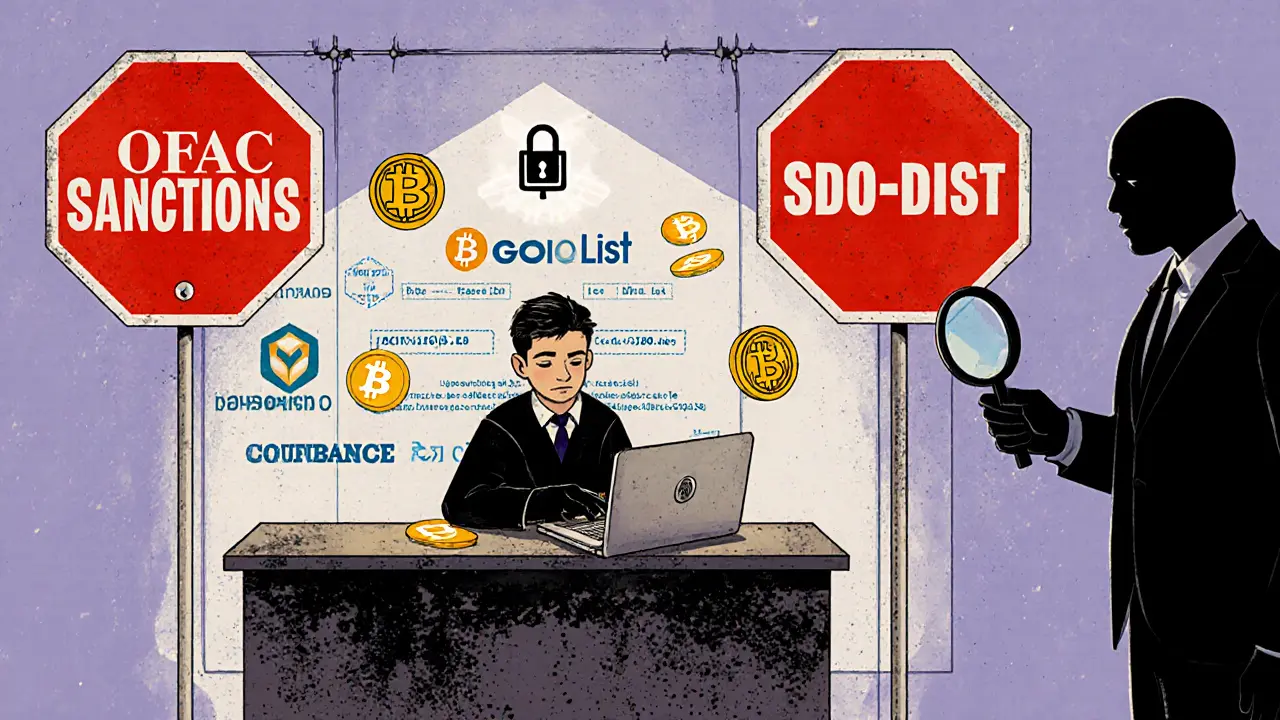Blockchain Enforcement: How Regulations Shape Crypto Today
When we talk about blockchain enforcement, the process of applying legal and regulatory rules to cryptocurrency networks and businesses. It's no longer about whether crypto is legal—it's about crypto regulation how strictly it's enforced. Across the U.S., EU, and Asia, governments are no longer watching from the sidelines. They're writing rules, issuing fines, shutting down platforms, and demanding transparency. This isn't a future threat. It's happening right now.
Take MiCA, the EU's Markets in Crypto-Assets regulation, the first comprehensive crypto framework in the world. It forces crypto exchanges, stablecoin issuers, and wallet providers to get licensed, prove they have enough capital, and report environmental impact. Projects like AML compliance, anti-money laundering rules that require crypto businesses to verify users and track transactions aren't optional anymore. If you're running a crypto service in Europe, you either comply or shut down. And it's not just Europe. The U.S. SEC is suing exchanges like Binance and Kraken. Bangladesh bans crypto but P2P trading still thrives. China doesn't protect crypto holders at all. These aren't random actions—they're part of a global shift toward control.
Blockchain enforcement doesn't just affect companies. It changes what you can do as a user. Airdrops that once promised free tokens now come with legal warnings. Projects like GDOGE, FEAR, and WHX vanished because they didn't follow basic rules. Even legitimate platforms like Bitstamp and Taurus have to prove they're not scams. The result? Fewer shady projects, but also fewer easy wins. If you're chasing an airdrop today, you need to ask: Is this verified? Is the team real? Is there a license behind it? The days of clicking a link and getting rich are over. Now, you're trading in a world where every token has a paper trail.
What you'll find below isn't a list of hype. It's a collection of real cases—where enforcement worked, where it failed, and how users got caught in the middle. From MiCA licensing costs to Chinese crypto holders with zero legal rights, from AML fines that bankrupt small firms to fake airdrops designed to steal your wallet—this is what blockchain enforcement looks like when it hits the ground.
OFAC Sanctions and Iranian Crypto Access to Exchanges: How Restrictions Block Transactions
by Johnathan DeCovic Nov 11 2025 24 CryptocurrencyOFAC sanctions block Iranian access to major crypto exchanges by targeting specific wallet addresses and shadow networks. Exchanges face heavy fines for non-compliance, forcing users toward risky P2P and decentralized platforms.
READ MORE
